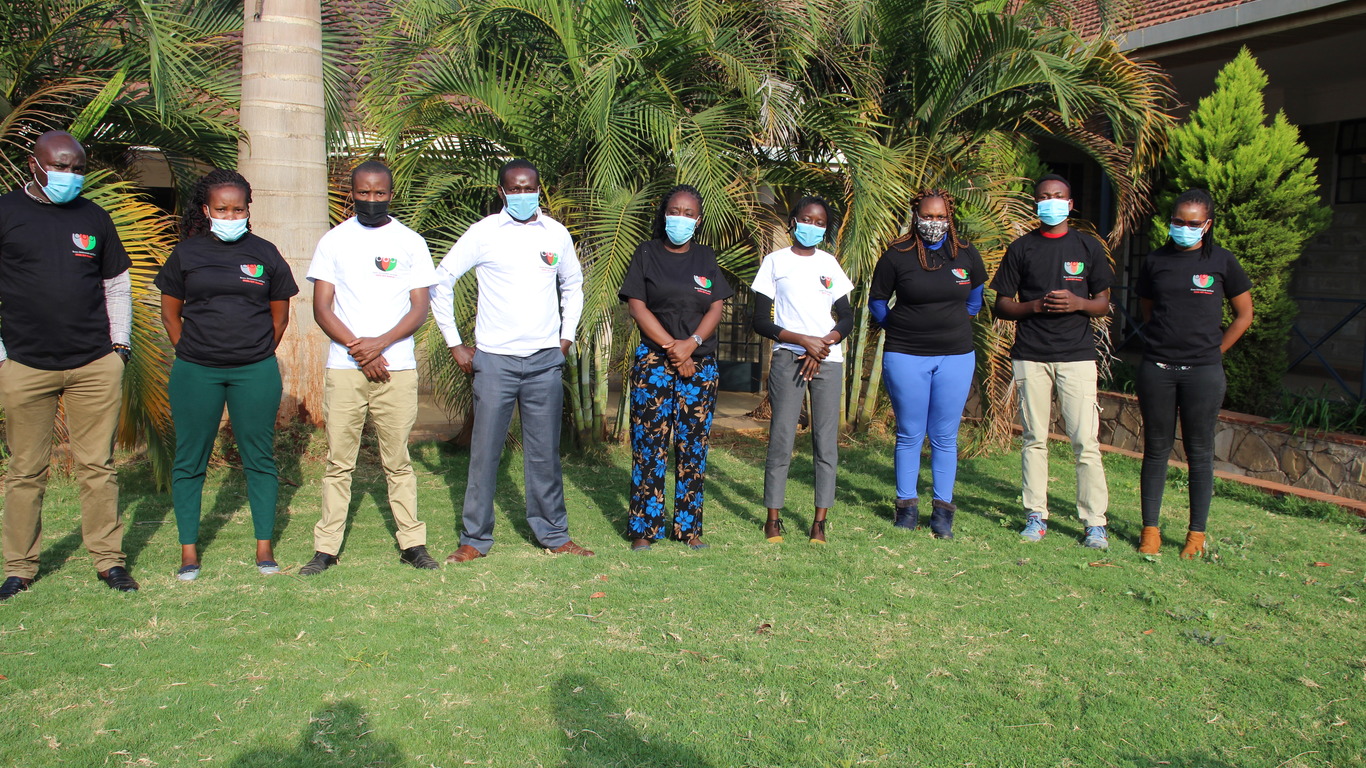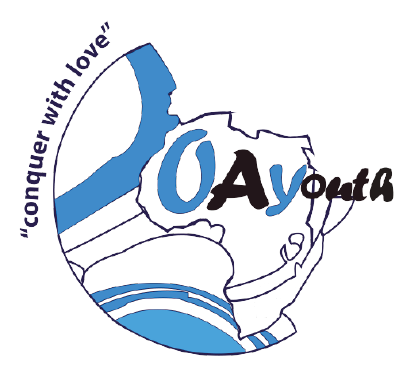IMPROVE HEALTH AND HEALTH OF ADOLESCENTS AND YOUTH
Project Goal
We believe in improved access to quality and responsive RMNCAH and SRHR services and information among young people especially those marginalized and vulnerable adolescents and youth in Kenya.
We believe that when young people are empowered and supported, they make informed decisions and have healthy relationships devoid of risky behaviors and partner violence.

The Situation and Context
The Kenyan constitution 2010 strongly emphasizes on the right to health to everyone including reproductive health. The Kenya Adolescents SRH policy, Guidelines for provision of AYFS, National Youth Development Policy , RMANCAH+N Investment Framework among others provide clear mechanisms for improving access to RH services for adolescents and youth: a demography usually left behind yet contributes largely to negative RMANCAH indicators.
While the implementation of various initiatives have led to great results, gaps still exist especially with focus to young people, an opportunity that warrant programmatic intervention. There are still demand and supply gaps in terms of access, quality and uptake of RH services and information among AY especially the marginalized and vulnerable such as PWDs, those in informal settlements.
Limited strategic RMNCAH and SRHR spaces for involvement of AY aged 15-30 years in planning, resourcing, implementation and evidence building and related policies, directly results to this cohort contributing to higher negative RMNCAH indicators. The challenges are largely contributed to by limited responsive AY services and information gaps amongst, socio-cultural barriers and beliefs, uncoordinated sector response devoid of unnecessary competitions and sideshows.
